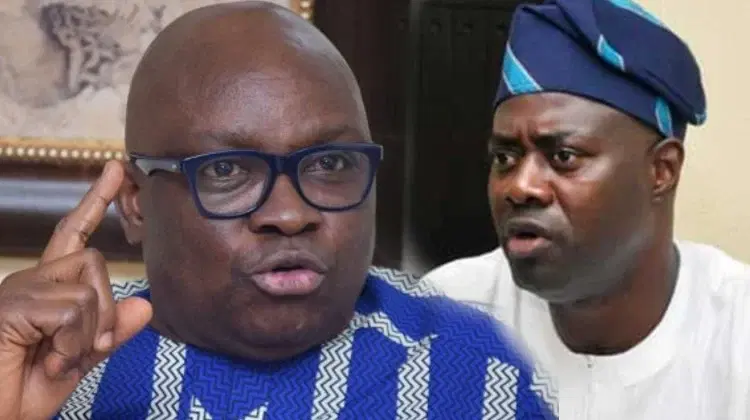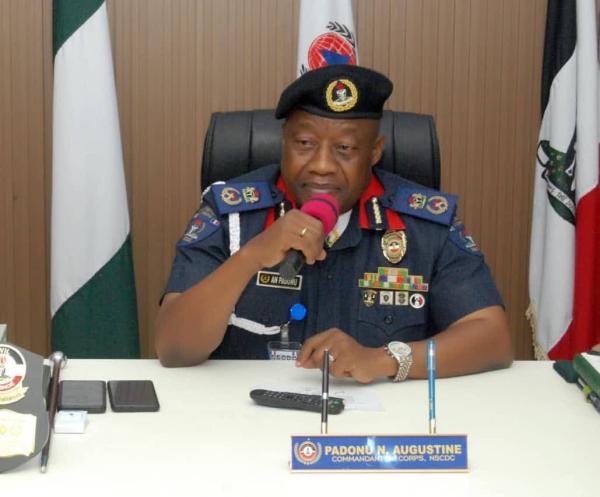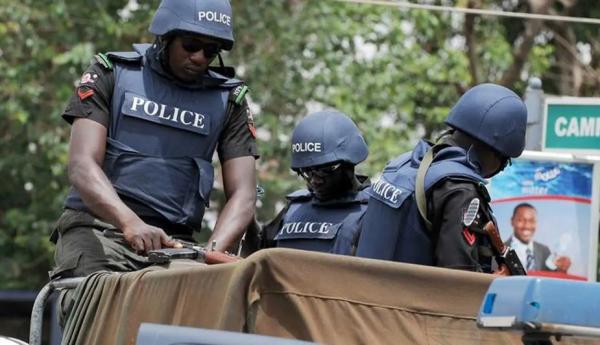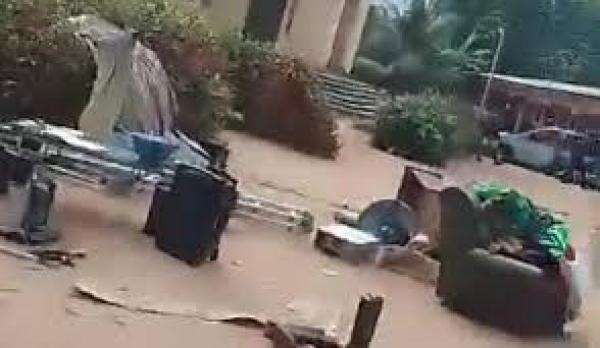
The Catholic Church in Nigeria yesterday cried out that it was facing great persecution in the three north-eastern states of Borno, Yobe and Adamawa presently under emergency rule.
154 churches deserted in Borno, Yobe, Adamawa
Church to push for prolife values as bishops meet in Rome
The church in an electronic statement titled: While Our People Perish signed by the Director of Social Communication, Catholic Diocese of Maiduguri, Rev. Fr. Gideon Obasogie, claimed that 154 churches in the three states had been deserted by worshippers because of the ongoing Boko Haram insurgency in the region.
Obasogie said: “As a church, we are really going through a severe moment of persecution. The ecclesial circumscription is facing sharp disintegration.”
He added that as the insurgents hold sway in the areas, “in the last few weeks, our churches numbering 154 have been deserted.
“While our people perish for inaction, slow action is what we get. Political activities in neighbouring communities are ongoing as though nothing was at stake. The seemingly not so much-talked about syndicate would someday be a yoke on all.
“Lately, three local government areas of Bama, in Borno State and Madagali/Michika in Adamawa State and their local government chairmen were all sacked. The shehus and emirs have been overturned. This amounts to what I would rather refer to as cultural coup, since unknown figures have been placed in such capacities. Thousand have been displaced, many killed and others forcibly conscripted. These are pointers that Boko Haram terrorism is not just a northern problem, but a Nigerian problem and in fact a global issue.”
The clergyman said: “Common Nigerians who were supposed to celebrate their independence as a free nation were rather counting their losses and regrets as they had been reduced to the status of Internally Displaced Persons (IDPs).
“Where is the freedom? Life is really terribly difficult. We are waiting eagerly to go back home, even as it is obvious that we are going to reconstruct our looted and burnt houses and ecclesiastical structures. We have been sacked for months, sleeping in uncompleted buildings, camps and school premises. We have been absorbed into houses of relations and friends in 60s and 70s.
“Meals time is always difficult and shameful. We have counted weeks rolling into months, must we also count years? We are waiting to go back home. Nigerians are waiting to go back to their ancestral home. Our minds are greatly troubled, do we think about our status? Or about our family members yet to be connected with ever since we fled our homes? Do we worry about our aged parents who were not so strong to run, they always fed us with words of encouragement and wisdom. Do we worry about our sick members, women and infants who had been trapped? Most of whom we heard had been raped and killed. Or worry about the health, education and future of our children? We have got a lot of questions yet to be answered.”
He equally lamented that: “It is over 30 days now that our church communities in Gulak, Shuwa, Michika and Bazza were sacked by the callous attacks of the Boko Haram terrorists. While Gwoza and Magadali had been under the tyranic and despotic control of the terrorists, this is almost the 60th day.
“Our priests are displaced. This act of territorial capturing and in our estimation is sad, heartarching and potentially deadly and dangerous to the territorial integrity and the common good of Nigeria.”
Obasogie said the resumption of schools closed over five months ago in Borno State and about two months later in the two other states under emergency rule was out of the question.
He said: “Talking about school resumption, our children have not been fed and well clothed, so resumption to school is practically out of our calculation. In our opinion, if thousands of Nigerian children can’t go to school then in the long run boko is really haram. Then their future is a stake, quite bleak. The health condition of our people is truly troubling in their displaced camps.”
Meanwhile, as the Catholic Church World Synod meets in Vatican City in Rome, Italy, over critical issues confronting the more than one billion Catholics, the Nigerian church, alongside other African delegates, is expected to push for a prolife and pro-family stand at the meeting.
About 252 delegates are expected to deliberate and debate issues concerning abortion, family planning and divorce.
They are also billed to vote on frontline issues bordering on whether couples in the church should be allowed to divorce or those divorced should be given the chance to receive communion or remarried within the church.
But speaking to our press in an exclusive interview, a prominent member of the Catholic Bishops Conference of Nigeria (CBCN) and Bishop of Oyo Diocese, Most Rev. Emmanuel Badejo, said the Nigerian church would not support any of those.
Badejo explained that though the issues of abortion, family planning and divorce had become challenges, the Nigerian church would push for prolife values.
“They are all challenges” Badejo told our reporter that, “family planning, abortion and divorce have become challenges to the world; these challenges have made people to rather suggest frivolous solutions.”
Speaking against the backdrop of the pressure being mounted by the American and European Churches for Vatican to loosen grip on some of the conservative stands of the church, Badejo maintained that “there is nothing to give in, the church support the natural family planning process but not artificial family planning based on assumptions.
“Those pushing for artificial family planning, abortion, birth control have never told us the real truth about these issues. Practices like abortion and the use of condom have ended up causing more damage to people, than help people.
“The church has never said people should not adopt natural family planning which is without side effects; we will rather call for responsible parenthood and a halt to depreciating livelihood we are experiencing in Africa and also a call to put pressure on government to reduce poverty,” he stressed.
Badejo informed our press crew that what the Nigerian church and the rest of Africa support at the synod would be a reorientation for “prolife, pro-family and pro-Christian values at the synod.”
Also, the Secretary General of the CBCN, Rev. Fr Ralph Madu, told reporter in a press briefing, that though most of the issues to be debated upon at the synod are challenges in the West, the African delegates will press home their own challenges.
Madu observed that some of the supporters of divorce, abortion and family planning in the west may be seeking for sympathy considering the high rate of divorce in Europe and America.
He explained that “because of globalisation, what affects one continent may extend to the other, so the church will be looking at all these issues.”
Out of the 252 members of the synod, only 191 are allowed to vote on issues where the synod is expected to take a definite stand. The CBCN President and Archbishop of Jos, Most Rev. Ignatius Kaigama is representing Nigeria at the synod.





















